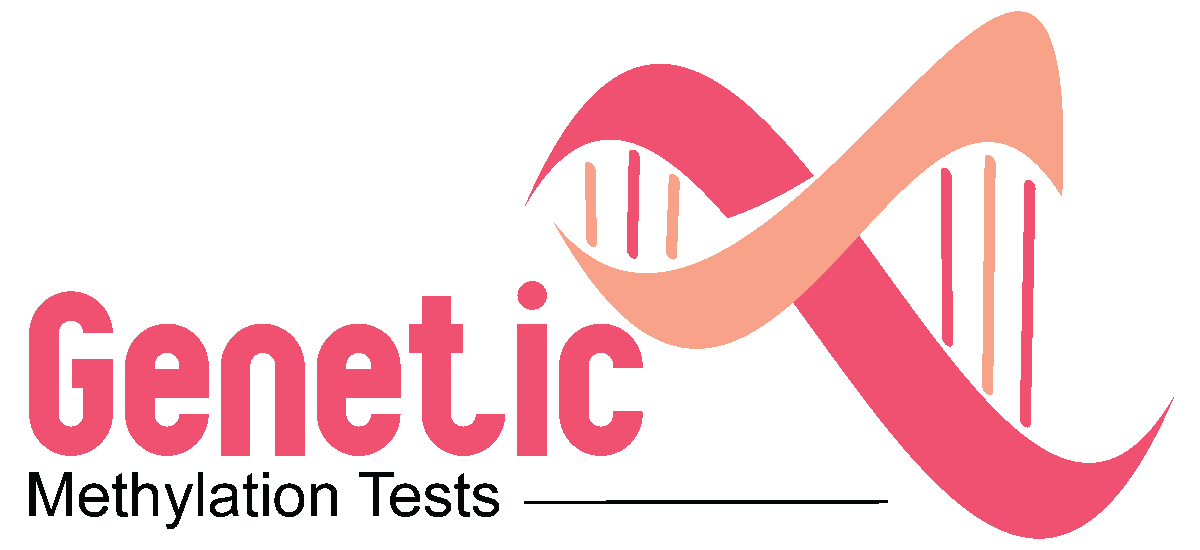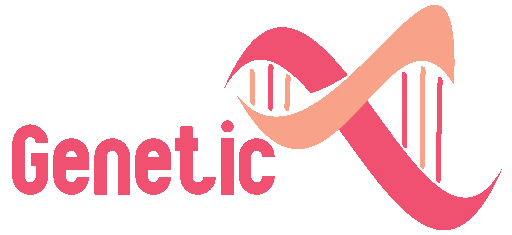
Available types of genetic methylation tests, Genetic methylation testing is a powerful tool in understanding how genes are expressed and regulated. Methylation testing focuses on identifying chemical changes, specifically the addition of methyl groups, to DNA, which can affect how genes are turned on or off without altering the DNA sequence itself. These tests are used to provide insights into gene function, disease risk, and personal health strategies. Here’s an overview of the different types of genetic methylation tests available:
Types of Genetic Methylation Tests:
1. Whole Genome Methylation Analysis
Whole-genome methylation analysis provides a comprehensive overview of methylation patterns across the entire genome. This type of testing is typically used in research and advanced clinical studies to understand methylation changes linked to complex diseases like cancer, neurological disorders, and autoimmune conditions.
2. Targeted Methylation Panels
Targeted methylation panels focus on specific genes or regions of the genome known to be associated with certain conditions or traits. For instance, targeted methylation tests may examine genes linked to specific cancers, cardiovascular diseases, or immune responses. These panels are useful for individuals looking to assess specific health risks or treatment responses.
3. Epigenetic Age Testing
Epigenetic age testing, or biological age testing, examines the methylation patterns on specific age-related genes to estimate an individual’s biological age. Biological age can provide insights into aging-related health, lifestyle impact on the body, and potential interventions to promote longevity.
4. Cancer-Specific Methylation Testing
Cancer-specific methylation testing analyzes methylation patterns in cancer-related genes, which may indicate early signs of cancer or predisposition. For instance, methylation tests for genes like BRCA1 and BRCA2 can assess risks for breast cancer, while other panels can screen for a range of cancers such as colon or prostate cancer.
5. Nutritional and Lifestyle Methylation Testing
Some genetic methylation tests assess the impact of nutrition and lifestyle on gene expression. These tests can reveal how factors like diet, exercise, and stress affect gene methylation, offering insights into health optimization and preventive strategies tailored to your unique genetic makeup.
Understanding Genetic Methylation Test Services
Genetic methylation testing services provide specialized testing that analyzes DNA methylation patterns to reveal important information about gene regulation, disease risks, and overall health. These services are designed to provide actionable insights based on an individual’s unique epigenetic profile. Here’s a closer look at the core services provided by genetic methylation testing providers:
Personalized Health Reports
Testing services generate detailed reports that highlight specific methylation patterns related to age, disease risk, and lifestyle factors. These reports are often used to guide personalized health interventions, including diet adjustments, exercise recommendations, and preventive care.
Cancer Risk Assessment
Many genetic methylation testing services offer cancer risk assessments based on the methylation of specific cancer-related genes. This information can be valuable for individuals with a family history of cancer or those looking for early detection options. Risk assessments are personalized based on the individual’s unique methylation profile, helping them make informed health decisions.
Epigenetic Aging Analysis
Epigenetic aging tests provide insight into how fast or slow an individual is aging at the cellular level. These services use DNA methylation patterns to estimate biological age, which may differ from chronological age. This information is helpful for individuals looking to adopt lifestyle changes that could slow the aging process.
Methylation and Nutritional Health Analysis
Methylation tests often provide insights into how an individual’s diet and lifestyle are affecting their gene expression. This information can be used to optimize nutritional intake and develop personalized lifestyle recommendations that support gene health and overall well-being.
FAQs
1. What is a genetic methylation test?
A genetic methylation test analyzes the chemical changes to DNA, specifically the addition of methyl groups, to understand gene expression patterns. This can reveal insights into aging, disease risk, and overall health.
2. How is genetic methylation testing different from genetic testing?
While genetic testing examines DNA sequences for genetic variants, methylation testing focuses on the chemical modifications to DNA that regulate gene activity. Methylation testing is more about how genes are expressed rather than changes in the DNA sequence itself.
3. Who can benefit from a methylation test?
Individuals interested in preventive health, understanding their biological age, cancer risk, or optimizing their lifestyle based on genetic expression may benefit from a methylation test.
4. Are methylation tests covered by insurance?
It depends on the provider and the specific test. Some medical methylation tests, like those for cancer risk, may be covered, while lifestyle and aging-related tests often aren’t. Check with your testing provider for more information.
5. How accurate are methylation tests?
Methylation tests are generally accurate in identifying methylation patterns, but the interpretation of these patterns can vary. Results are best used as part of a broader health assessment rather than as standalone diagnostics.






Leave a Reply